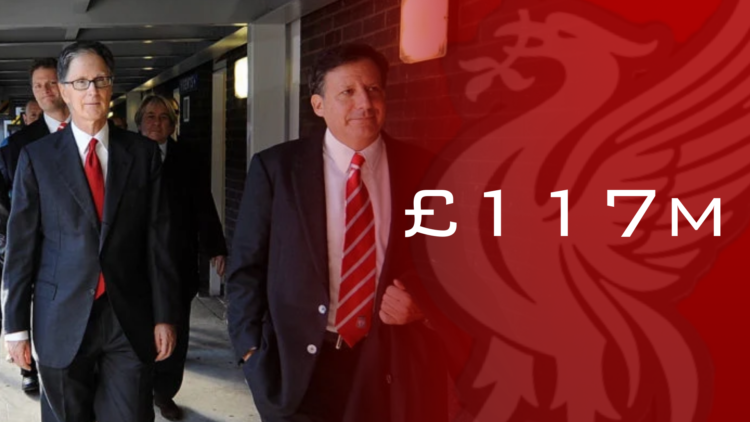
Handling the occasional PR crisis is an inherent part of owning a Premier League club, particularly one with Liverpool’s global reach—something Fenway Sports Group (FSG) knows all too well.
The most significant controversy of FSG’s tenure came in 2021 when John Henry and Tom Werner led Liverpool into the ill-fated European Super League.
Plans for the breakaway competition had been in motion since 2016, with FSG playing a key role in orchestrating secret discussions to bring it to fruition.
However, the project collapsed within 48 hours under immense political and public pressure, largely driven by protests from Liverpool fans and beyond.
Henry was ultimately forced to take responsibility, delivering an on-camera apology that remains one of the most humbling moments of his career.
Now, four years later, Arne Slot is on the verge of securing Liverpool’s second Premier League title under FSG’s ownership—a season that many had initially written off as a transitional period following Jurgen Klopp’s departure.
Yet, the Super League debacle continues to cast a long shadow over Anfield, especially among the segment of the fanbase that actively holds the owners accountable.
Concerns persist about Liverpool’s heavy focus on commercial revenue, a trend mirrored across the so-called ‘Big Six’ clubs.
FSG is eager to capitalize on Liverpool’s global brand, striking lucrative sponsorship deals, boosting Anfield’s appeal as a tourist destination, and increasing merchandise sales.
The stadium’s phased expansion in recent years—described by CEO Billy Hogan as the final major development for the foreseeable future—has been designed to attract a more financially lucrative audience.
Despite being based in Boston, FSG remains closely attuned to fan sentiments and is well aware of growing complaints about Anfield’s matchday atmosphere.
Recent reports from Liverpool HQ suggest the owners are taking a more measured approach, though financial gains remain the priority.
In a move that may frustrate rival clubs, FSG has once again backed down on ticket pricing.
In 2023-24, a season without Champions League revenue, Liverpool generated £117 million from matchday sales.
Now, the club has announced a freeze on general admission and season ticket prices for the upcoming season, following a 2% increase in 2024-25.
This decision contrasts with the wider Premier League trend of raising ticket prices above inflation and phasing out concessions.
It also contradicts John Henry’s 2016 stance when he labeled opposition to premium pricing as an obstacle to Anfield’s expansion—only to quickly reverse his position after protests from fans and pressure from groups like Spirit of Shankly.
Industry insiders suggest that Liverpool’s decision has not been well received in the boardrooms of other top Premier League clubs.
Leave a Reply